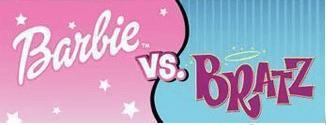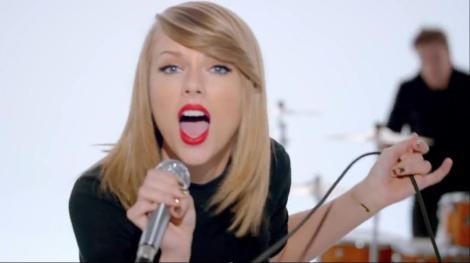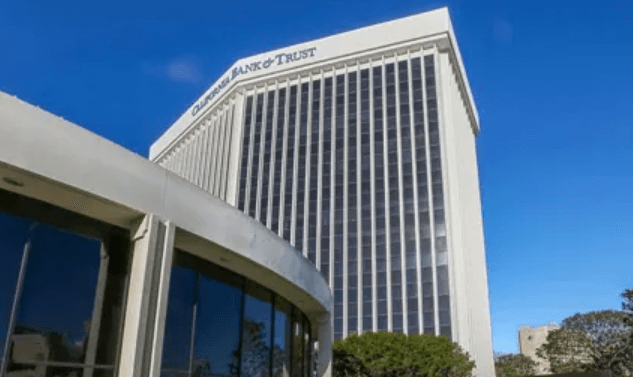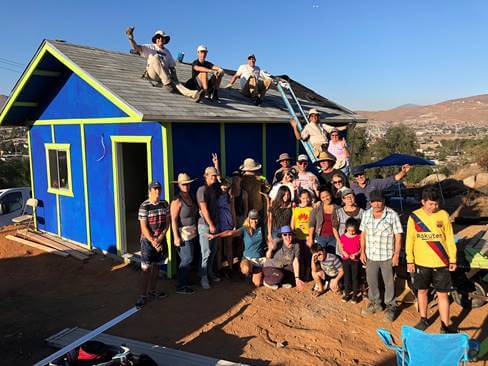U.S. Supreme Court Justices Struggle to Balance Rights of States and Individuals when it comes to IP
Takeaway: Filmmaker argues states are not immune from copyright infringement suits under sovereign immunity.
The U.S. Supreme Court justices found it difficult to balance the rights of the state and individuals as they heard a documentary filmmaker’s case to revive his suit against North Carolina officials for pirating his footage from Blackbeard’s wrecked ship. Originally, the lower court ruled that under federal law North Carolina officials could not be sued for infringing the filmmaker’s copyrights by posting both his video footage and photography on YouTube. This was due to the fact that states are typically protected under the Constitution from lawsuits for damages by private citizens because states have sovereign immunity. The case depends upon whether states are immune from suits for copyright infringement.
In 1990 however, Congress passed a law allowing states to be sued for illegal copying. The Fourth Circuit dismissed the case finding that Congress exceeded its powers in 1990 in attempting to override state sovereign immunity. The filmmaker appealed to the Supreme Court arguing that states are abusing their power and infringing on individual rights. Many copyright owner groups, such as the Copyright Alliance, have filed amicus briefs in support of the filmmaker. A decision by the Supreme Court is set to be handed down next June.
Mattel Succeeds in Suit against Rival Company
Takeaway: Barbie beats Bratz in IP toy fight.

A California Appeal’s Court declined to revive a 15-year-old trade secrets dispute between Barbie and Bratz doll makers. The case first arose in federal courts in 2004 when Barbie maker Mattel sued a former employee who left the company and created the famous Bratz line of dolls. Mattel sued for misappropriation of trade secrets, copyright infringement and breach of contract for $30 million dollars. The parties ended up settling but Mattel wasn’t finished.
Mattel then went on to sue MGA Entertainment, the manufacturer of Bratz dolls, for the exclusive rights to the entire Bratz brand, and the case went before a jury in 2008 and Mattel lost. MGA then sued Mattel for allegedly stealing its intellectual property, where MGA received a $170 million dollar judgment. The Ninth Circuit then reversed the judgment in 2013 and dismissed MGA’s claims. MGA then decided to pursue its claims in state court, which were recently denied by the three(3)-year statute of limitations. Finally, an end to the Barbie vs. Bratz slapfest…for now.
Photo: https://www.kovels.com/news-news-news/barbie-vs-bratz-million-dollar-ladies.html
Taylor Swift Cannot “Shake Off” Lawsuit for Allegedly Infringing Lyrics

Takeaway: The copyright lawsuit against Taylor Swift for lyrics in her “Shake It Off” song is revived by the Ninth Circuit Court of Appeals.
The Ninth Circuit revived a copyright lawsuit against Taylor Swift for allegedly copying lyrics in her “Shake It Off” song. Last year, a trial judge decided that the lyrics “Playas, they gonna play” and “haters, they gonna hate” in the song “Playas Gon’ Play,” written by Sean Hall and Nathan Butler and released by the group 3LW, were not sufficiently “original” to be afforded copyright protection. However, a three-judge panel of the 9th Circuit Court of Appeals overturned this decision ruling that it would be “dangerous” for judges to quickly dismiss a case for lack of originality. Hall and Butler’s attorney said he would “continue their fight to protect the songwriters’ rights once the case [back] comes down to the district court.”
Photo: https://playlistology.wordpress.com/2014/08/26/taylor-swift-shake-it-off/
NCAA Votes to Allow Student-Athletes to Profit from Name and Likeness Rights
Takeaway: Student-athletes will soon be able to profit based on their name and likeness rights through opportunities such as endorsement deals and sponsorships.
The NCAA has officially voted to allow college athletes to profit from their name and likeness rights. Part of the vote was a decision to assure that all student-athletes have the same opportunities to make money based on these rights. This decision has come in light of several states, including California, proposing laws that allow students to profit off of their name and likeness rights.
The NCAA has made this decision partially because they do not want fragmented profitability rights throughout the country that allow schools in some states to have a competitive advantage over others. The NCAA would like to propose changes to federal tax laws that allow for uniform profitability laws throughout the country so all student-athletes and schools have the same rights and advantages. The hope is this will prevent schools from being able to recruit athletes more easily because their state allows profitability when a school in a neighboring state cannot offer such benefits.
This appears to be a first step by the NCAA toward student-athletes being able to profit through opportunities such as sponsorships and endorsement deals. Next, we will see how congress deals with this decision and see how much oversight the NCAA will have over regulating such laws.
Cislo & Thomas LLP Spotlight
Cislo & Thomas LLP Awarded Best Law Firms by U.S. News and World Report

We are proud to announce that we have been honored as a Tier 1 Best Law Firm recipient in the 2020 Best Lawyers of U.S. News & World Report!
We always strive to provide Quality Client Care in helping you achieve your intellectual property goals, and we owe this honor to our incredible clients. So thank you!
Cislo & Thomas LLP Opens Office in Torrance

We are proud to announce that we have opened a new location in Torrance, California. This beautiful location allows us to better accommodate our South Bay clients, as well as our new clients from Lauson & Associates.
Client Stephen Gill Inducted into the Western Plastics Pioneers Hall of Fame

Cislo & Thomas LLP’s client Stephen Gill, chairman and CEO of The Gill Corp. in El Monte, was inducted into the Western Plastics Pioneers (WPP) Hall of Fame at the industry organization’s annual luncheon on Oct. 13. The Gill Corp. offers advanced composite material solutions for the 21st century, and is the oldest continuously operating, family owned company in the advanced composites field.
Congratulations Stephen on your success!
Daniel and Lisa Cislo build homes for the homeless in Mexico

On October 26th, Daniel and Lisa Cislo joined Malibu Pacific Church and Baja Christian Ministries to travel south of the border to build houses for impoverished families of Baja, Mexico. All of us at Cislo & Thomas strive to give back where we can.
Enjoy keeping up with IP news?



